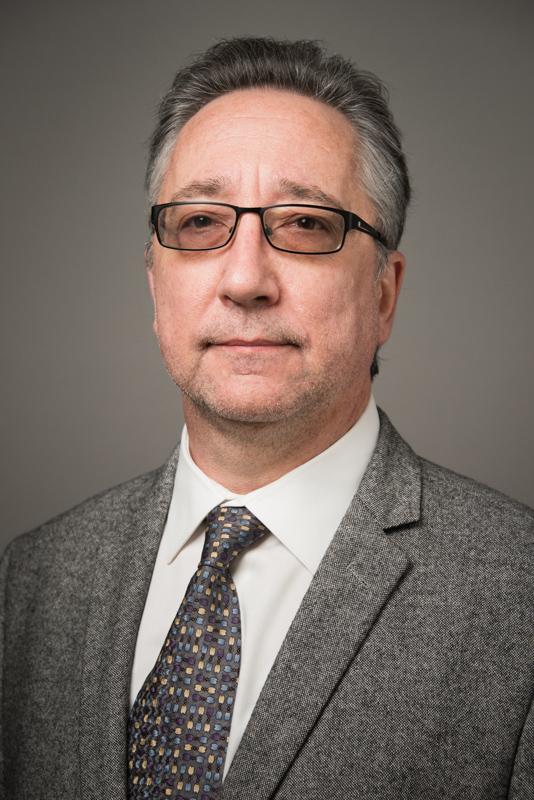
Credit: UTHSC
Alex Dopico, MD, PhD, professor and Van Vleet Chair of Excellence in the Department of Pharmacology, Addiction Science, and Toxicology, and Anna Bukiya, PhD, associate professor in the Department of Pharmacology, Addiction Science, and Toxicology, have been awarded $2.4 million from the National Heart, Lung, and Blood Institute (NHLBI) to explore how cholesterol interacts with the mechanisms that modulate blood vessel function in the brain.
Drs. Dopico and Bukiya have hypothesized from preliminary data that cholesterol may control the diameter of brain arteries via regulation of specific ion channels. The channels in question are called BK (or “big potassium”) channels, which play a crucial role in a vast number of physiological and pathophysiological conditions. The researchers predict that by manipulating the way cholesterol interacts with channel-forming and regulatory subunits, they can control potassium currents that cause arteries either to contract and constrict, or to relax and dilate. They will test their predictions along three specific areas: the molecular level, the subcellular level, and the tissue and organ level.
The project is significant for challenging the paradigm that cholesterol modulation of big potassium channels is secondary to disturbances affecting other molecules in the cell membrane, specifically the lipid bilayer. The team’s study will yield information essential to developing drugs that will counteract cholesterol-associated cerebrovascular disease.
“Although the regulation of BK channel activity in cells from vascular preparations dates back to the late Eighties, the molecular mechanisms and sites by which this lipid regulates BK activity remain unknown,” said Dr. Dopico. “Covering this knowledge gap is essential to design novel therapeutic agents that could counteract BK-mediated, cholesterol-induced disruption of arterial function.”
“Cholesterol modification of BK channel function is expected to be complex, as to date, there is neither a universal model of cholesterol interaction with BK channels nor an agreement among published reports on whether cholesterol activates or inhibits BK activity,” said Dr. Bukiya.
The project titled, “Cholesterol regulation of smooth muscle BK channel proteins and consequent control of cerebral artery diameter,” is being funded for four years.
###
As Tennessee’s only public, statewide, academic health system, the mission of the University of Tennessee Health Science Center is to bring the benefits of the health sciences to the achievement and maintenance of human health through education, research, clinical care, and public service, with a focus on the citizens of Tennessee and the region. The main campus in Memphis includes six colleges: Dentistry, Graduate Health Sciences, Health Professions, Medicine, Nursing and Pharmacy. UTHSC also educates and trains medicine, pharmacy, and/or health professions students, as well as medical residents and fellows, at major sites in Knoxville, Chattanooga and Nashville. For more information, visit uthsc.edu. Find us on Facebook: facebook.com/uthsc, on Twitter: twitter.com/uthsc and on Instagram: instagram.com/uthsc.
Media Contact
Amber Carter
[email protected]




